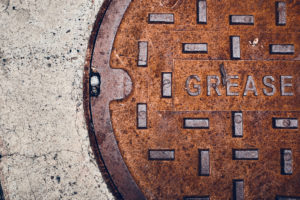 If you’ve spent any time in your commercial kitchen, you’re familiar with the grease trap. A grease trap is a device that kitchen wastewater flows through on the way to the sewer. It separates fats, oils, and grease, known as FOG, from the water before it reaches the sewer system. If you operate a busy restaurant, your grease trap fills up fast. Because of this, commercial grease trap cleaning is essential. Failure to do so can cause several problems, including unpleasant odors, clogs, business shut-downs, and costly fines. The experts at Addilan Group share how to clean grease traps for a restaurant and why it’s beneficial.
If you’ve spent any time in your commercial kitchen, you’re familiar with the grease trap. A grease trap is a device that kitchen wastewater flows through on the way to the sewer. It separates fats, oils, and grease, known as FOG, from the water before it reaches the sewer system. If you operate a busy restaurant, your grease trap fills up fast. Because of this, commercial grease trap cleaning is essential. Failure to do so can cause several problems, including unpleasant odors, clogs, business shut-downs, and costly fines. The experts at Addilan Group share how to clean grease traps for a restaurant and why it’s beneficial.
Why Grease Trap Cleaning Is Important
According to the United States Environmental Protection Agency, the production of grease trap waste and uncollected grease entering sewage treatment plants is estimated at 800 to 17,000 pounds per restaurant per year. Not only does routine grease trap maintenance help keep your commercial kitchen safe, but it also helps preserve local waterways. If you don’t maintain your grease trap, your facility could experience:
- Foul smells – When FOG is left in a grease trap for too long, it begins to decompose and diffuse a rotting smell. The odor can be so foul and have a negative effect on guests and employees, hurting your business reputation.
- Blockages in the drainage system – If your grease trap isn’t cleaned regularly, the grease can leak into your drainage system, leading to buildup, clogs, and overflow. The result can cause extensive damage, and if it impacts your city’s water system, you could face hefty fines.
- Expensive repairs – Trapped food waste, once broken down, releases hydrogen sulfur gas that turns into sulphuric acid. The toxic sulphuric acid can break down and damage the walls of your grease trap, resulting in an expensive tank replacement.
- Fines and penalties – Most states require by law an emptied and cleaned grease trap. Some municipalities have fines associated with poor grease trap management. If you forgo grease trap maintenance, it could result in heavy fines and even suspension of operation until the problem is solved.
How to Clean Grease Traps for Restaurants
As you know by now, having your grease trap cleaned regularly can prevent it from overflowing and avoid expensive repairs. But do you know the frequency and best way to clean out your grease trap? As a standard practice, grease traps should be cleaned or emptied every four months or based on the 25% rule. Additionally, checking the grease trap weekly to measure and record the grease depth can help you avoid problems. A grease trap should generally be emptied when one-fourth of the tank contains grease.
When it comes time to clean or empty your trap, a professional technician should handle the job. If you’ve been searching for grease trap cleaning near me, know you can count on the team at Addilan Group to assist you.
Commercial Grease Trap Cleaning with Addilan Group
The key to preventing fires and keeping your commercial kitchen running is maintaining your grease traps. Instead of putting this task off for another day, consider saving yourself time and the stress associated with a backup by utilizing a multi-site commercial critical maintenance service company. At Addilan Group, we provide several services, alongside our grease trap evacuation, to ensure your kitchen is functioning correctly and efficiently. Let us do the dirty work for you! Contact us today at 833-ADDILAN to see how we can help you.

